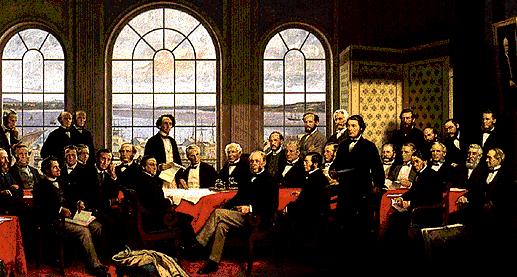Please do explore the Widgets and HTML additions including:
- Photo Slide Show: Found pictures on the web, imported them to Picsa (a Google photo program), and uploaded them onto the blog as a slide show (*Located on right-hand margin)
- Video Bar: Videos streamed directly on the site from YouTube (*Located at bottom of page)
- Commenting Options: On the final two posts, I have provided comments to demonstrate how the students would in turn comment on their peers' posts. To access past comments or to post your own, click on the link "(*#)comments". I have arranged for all comments to be forwarded via email to the group Gmail account so as to inform the group members of each new posting.
- Blog Archive: Displays content of blog in the format of an outline (*Located on right-hand margin)
- A voting poll on a content-related question (*Located on right-hand margin)
- Link back to EDCP 470 class website (*Located at bottom of page)




